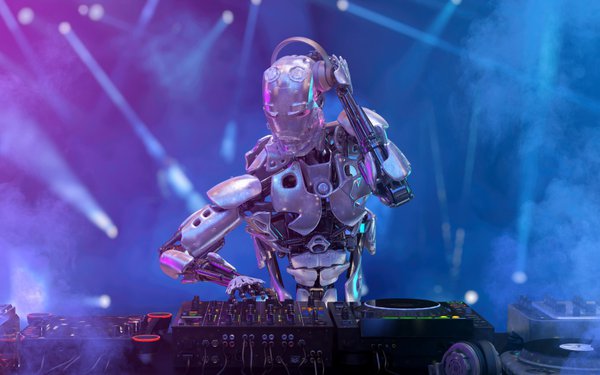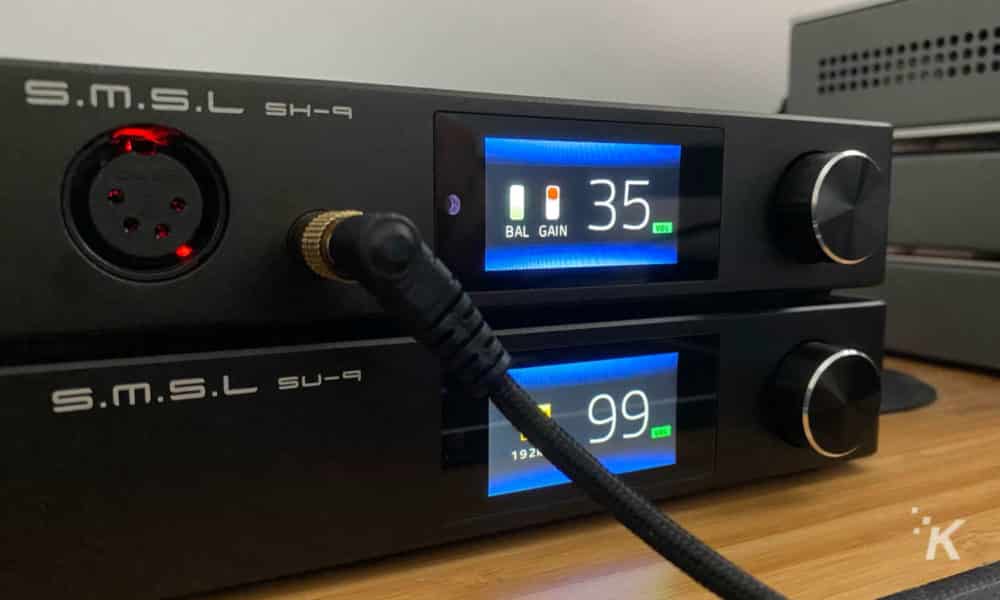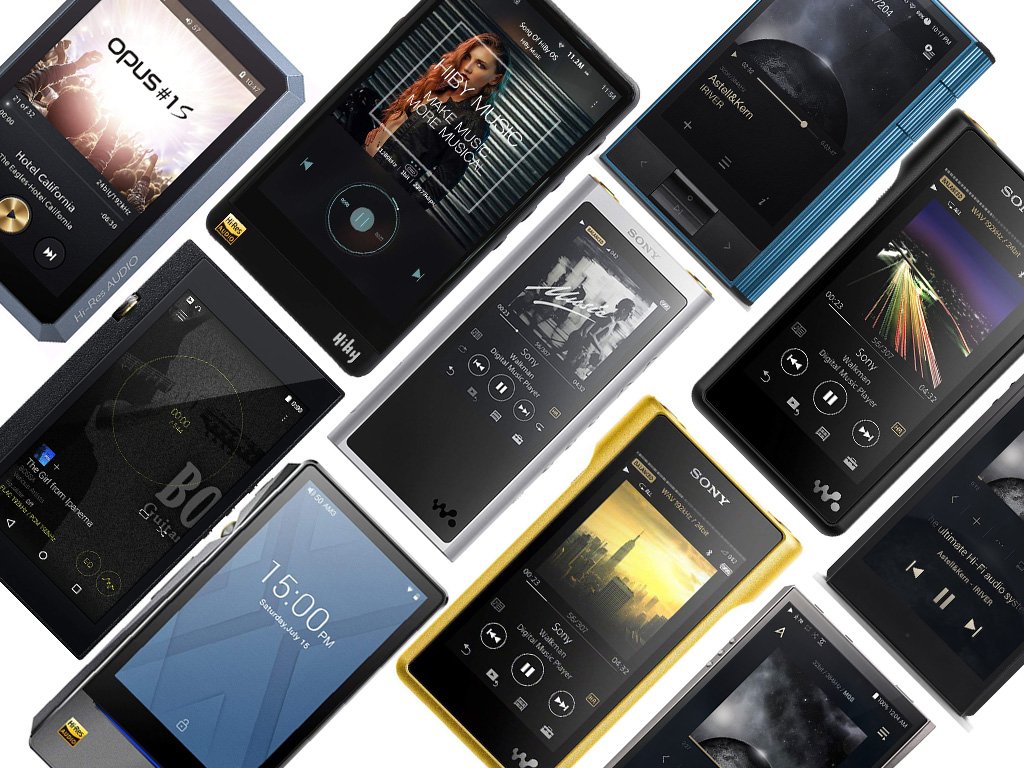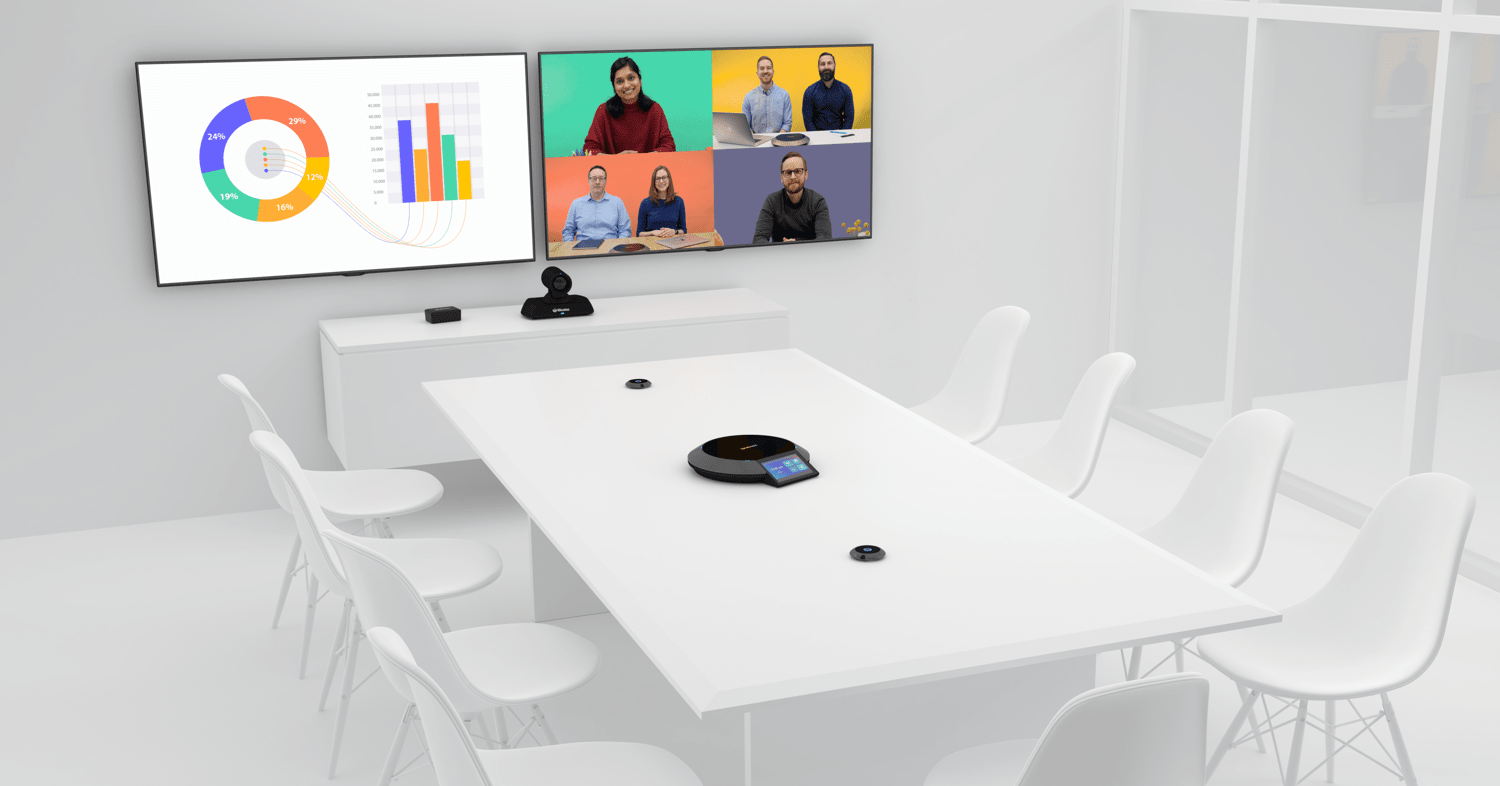Music generation takes the guesswork out of creating a soundtrack for your video, making it easy to create unique and royalty-free tracks that will enhance your content. Previously, content creators had to either spend time searching for royalty-free tracks that suited their content, or pay for a professional to compose music for them. With these new AI-powered tools, it’s possible to create original tracks with a few clicks and no musical composition experience required.
These AI-powered software tools use machine learning to learn how to make music through the technological process of generative music. They then utilize this knowledge when you give them prompts such as a desired mood or genre. Some of these tools even allow you to add vocals and re-arrange the track’s composition. Boomy, for example, offers a wide range of sound and style options from ambient to dance. It also allows users to control tempo and volume on the fly.
By leveraging the power of machine learning algorithms and deep neural networks, AI systems have begun to compose original pieces of music, igniting a new era of creativity. In this article, we explore the exciting possibilities of using artificial intelligence to generate music and its implications for the future of the industry.
Unleashing the Creative Potential
Traditionally, the composition of music has been the domain of human composers, drawing upon their emotions, experiences, and artistic vision. However, AI has proven itself capable of analyzing vast amounts of musical data, identifying patterns, and generating compositions that exhibit unique styles and characteristics. By assimilating diverse musical genres, AI algorithms can create new pieces that blend influences and break conventional boundaries, expanding the realm of musical possibilities.
Machine Learning in Music
Machine learning algorithms lie at the core of AI-driven music generation. These algorithms are trained on extensive music databases, allowing them to learn the intricacies of various musical elements such as melody, rhythm, and harmony. As the AI system digests an ever-increasing amount of musical data, it becomes more proficient at generating compositions that resonate with human listeners.
AI as a Collaborative Partner
Rather than replacing human musicians, AI is being embraced as a collaborative tool that enhances creativity. Musicians can now engage in a symbiotic relationship with AI systems, using them as virtual bandmates or co-composers. AI-generated suggestions can spark fresh ideas, push creative boundaries, and assist in overcoming creative blocks. The synergy between human intuition and AI’s analytical capabilities opens doors to uncharted musical territories.
Exploring New Genres and Styles
AI-generated music has the potential to introduce novel genres and styles that challenge traditional classifications. By combining elements from different musical eras and cultures, AI algorithms can create compositions that defy conventional categorization. This fusion of styles and the infusion of fresh perspectives offer listeners a diverse and enriching musical experience.
Enhancing Music Production
AI’s impact on music extends beyond composition. In the production phase, AI algorithms can analyze existing recordings, isolate individual tracks, and enhance audio quality. This enables musicians and producers to refine their recordings, enhance instrumentals, and even restore old audio recordings. AI algorithms can also assist in automating processes like mixing and mastering, improving overall efficiency in music production workflows.
Addressing Copyright Concerns
The advent of AI-generated music raises questions surrounding copyright and ownership. As AI systems create compositions, issues arise regarding the intellectual property and originality of these works. Striking a balance between the role of AI and the rights of human creators is a crucial consideration that needs careful examination and legal frameworks to ensure fairness and protection for all parties involved.
The Future Soundscape
As AI continues to evolve, so too does its potential for generating music. The possibilities of collaborative composition between humans and AI systems are boundless. Additionally, advancements in AI-generated music pave the way for personalized soundtracks, adaptive music for video games and movies, and even tailored musical experiences that cater to individual preferences and moods.
Conclusion
Most platforms work by using deep machine learning algorithms to analyze large amounts of data and then create music based on the patterns observed. For instance, if you were to train an AI music generator on Rihanna’s music, it would likely generate songs that are very similar to hers. Another popular AI music generator is Amper Music (now part of Shutterstock), which lets you customize the tempo, length, and genre of your song. It also has a built-in synth and an „auto-vocal“ option that can turn any spoken word into a song.
Artificial intelligence is reshaping the landscape of music creation and opening up new horizons of creative expression. By leveraging AI algorithms and machine learning, we have the opportunity to explore uncharted musical territories, collaborate with virtual bandmates, and enhance the overall production process. While challenges surrounding copyright and artistic ownership persist, the symbiotic relationship between humans and AI promises a harmonious future where technology serves as a catalyst for musical innovation and creativity.




